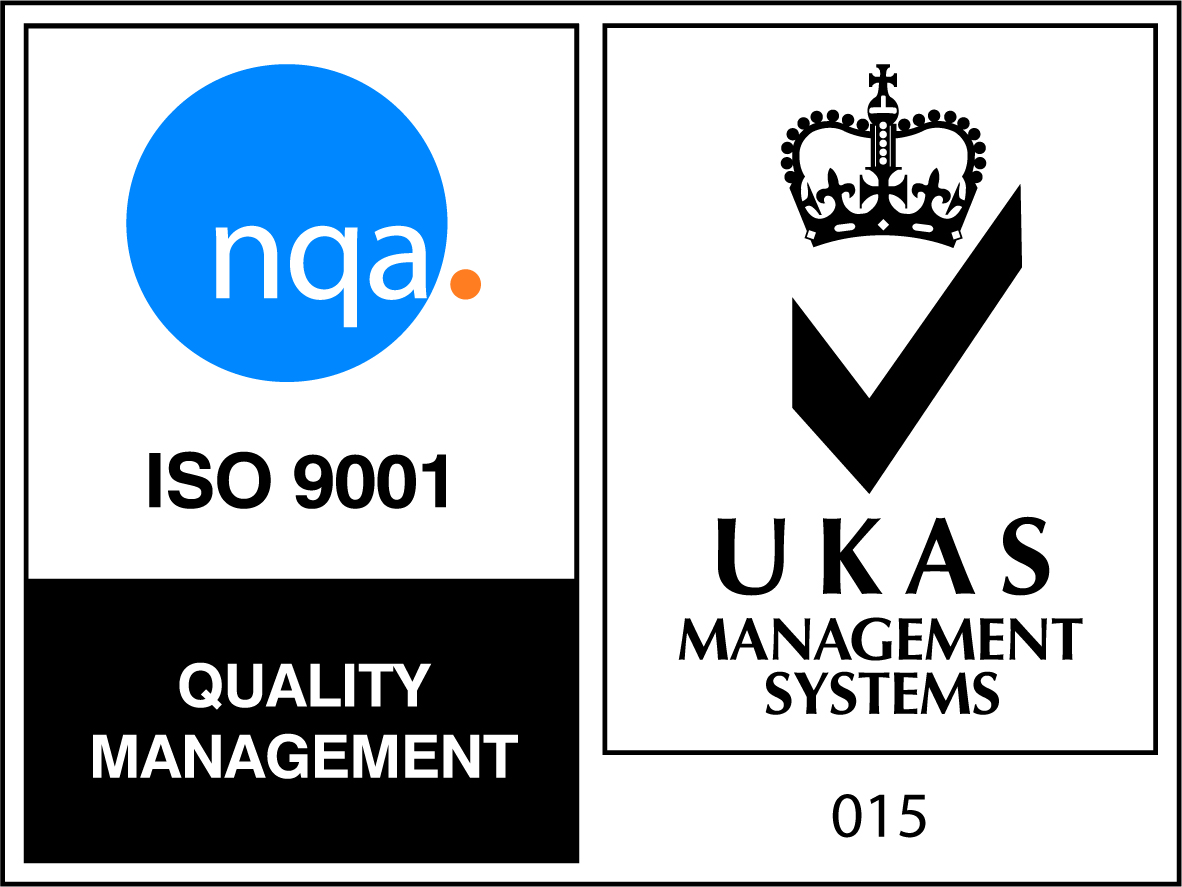Why upskilling your workforce is key to counteract the UK labour shortage
In the UK, the engineering industry has long been a backbone of the economy, driving innovation, and technological advancement. However, in recent years, the sector has faced significant challenges due to a growing labour and skills shortage. As the demand for skilled engineering professionals continues to rise, companies are finding it increasingly difficult to fill critical positions.
In light of this situation, upskilling the existing workforce has emerged as a powerful solution to combat the labour shortage. This blog will explore the importance of upskilling employees in the UK engineering industry and how it can help address the pressing issue of workforce scarcity.
The current labour shortage
The UK engineering industry has been grappling with a shortage of skilled workers in recent times. This scarcity has resulted from a combination of factors, including an ageing workforce, fewer students pursuing engineering degrees, and increased competition from emerging industries. As a result, companies are finding it challenging to recruit new talent with the necessary expertise and experience, hindering their ability to grow and innovate.
A new report commissioned by EngineeringUK has found that demand for engineers is predicted to grow faster than for other occupations and that vacancies for ‘green engineering’ roles in the UK have increased by more than half (55%) over the last five years. – Engineering Council
The role of upskilling
Upskilling refers to the process of providing additional training and education to existing employees, enhancing their knowledge and skill sets to meet the evolving demands of the industry. In the context of the engineering sector, upskilling can play a crucial role in bridging the gap between the available workforce and the skills required to drive progress. By investing in the development of their current employees, companies can transform them into highly competent and versatile professionals, better equipped to take on diverse engineering challenges.

Addressing industry-specific skills gap
The engineering industry is constantly evolving, with new technologies, materials, and methodologies being introduced regularly. Upskilling offers a practical approach to tackle the industry-specific skills gap. For instance, as renewable energy gains traction, engineers need to adapt to sustainable practices. By upskilling existing staff, engineering companies can create a workforce proficient in the latest sustainable technologies, ensuring the industry remains competitive and environmentally conscious.
Enhancing employee retention
In a highly competitive job market, skilled engineers are often presented with multiple opportunities. Offering upskilling programs to existing employees sends a strong message of investment in their professional growth and development. As a result, employees are more likely to feel valued and committed to their current employer, leading to increased job satisfaction and improved retention rates.
Cost-effectiveness and increased efficiency
Recruiting new employees to fill skill gaps can be costly and time-consuming. Upskilling the current workforce, on the other hand, can be a more cost-effective solution. By retraining employees, companies can save on recruitment expenses and achieve a faster return on investment. Additionally, upskilled workers tend to be more efficient in their roles, as they possess a deeper understanding of their tasks and can adapt swiftly to changing project requirements.
Fostering innovation and adaptability
Innovation is a cornerstone of the engineering industry, and upskilling is a vital catalyst for fostering innovation within a company. When employees are exposed to new ideas and approaches through upskilling, they become more adaptable problem solvers. This adaptability equips them to handle unforeseen challenges and devise innovative solutions, further propelling the engineering industry forward.
Meeting industry standards and regulations
The engineering industry is subject to rigorous standards and regulations to ensure safety, quality, and compliance. Upskilling ensures that employees stay up-to-date with the latest standards, helping companies maintain a high level of professionalism and adherence to industry guidelines. This, in turn, enhances the reputation and credibility of the engineering workforce as a whole.
Upskill your workforce with our industry-led short courses today!
The labour shortage in the UK engineering industry is a pressing issue that requires immediate attention. Upskilling the existing workforce emerges as a practical and effective solution to tackle this challenge head-on. By investing in the professional growth and development of their employees, engineering companies can not only address the skills gap but also foster a culture of innovation, efficiency, and adaptability. Ultimately, a well-upskilled workforce will ensure that the UK engineering industry remains robust, competitive, and at the forefront of technological advancement in the years to come.

The importance of skills and ‘bridging the gap’ are now seen as two of the most business critical issues facing companies.
At In-Comm we have recognised the issues and we have decided to offer employers the opportunity to shape their training future rather than fall behind. We pride ourselves on being forward-thinkers and industry leaders, supporting engineering businesses in their growth journey. We have developed of a suite of upskilling courses and a comprehensive consultancy programme, including specialist support with:
• Business Improvement Techniques
• Health and Safety
• Leadership and Management
• Lean Manufacturing
• Securing Quality Accreditations, such as ISO9001, IS014001, ISO18001, TS16949 and AS9100
• Sales and Marketing
Take a look at our Open Courses brochure and get in touch with our team today to kickstart your business development journey.

